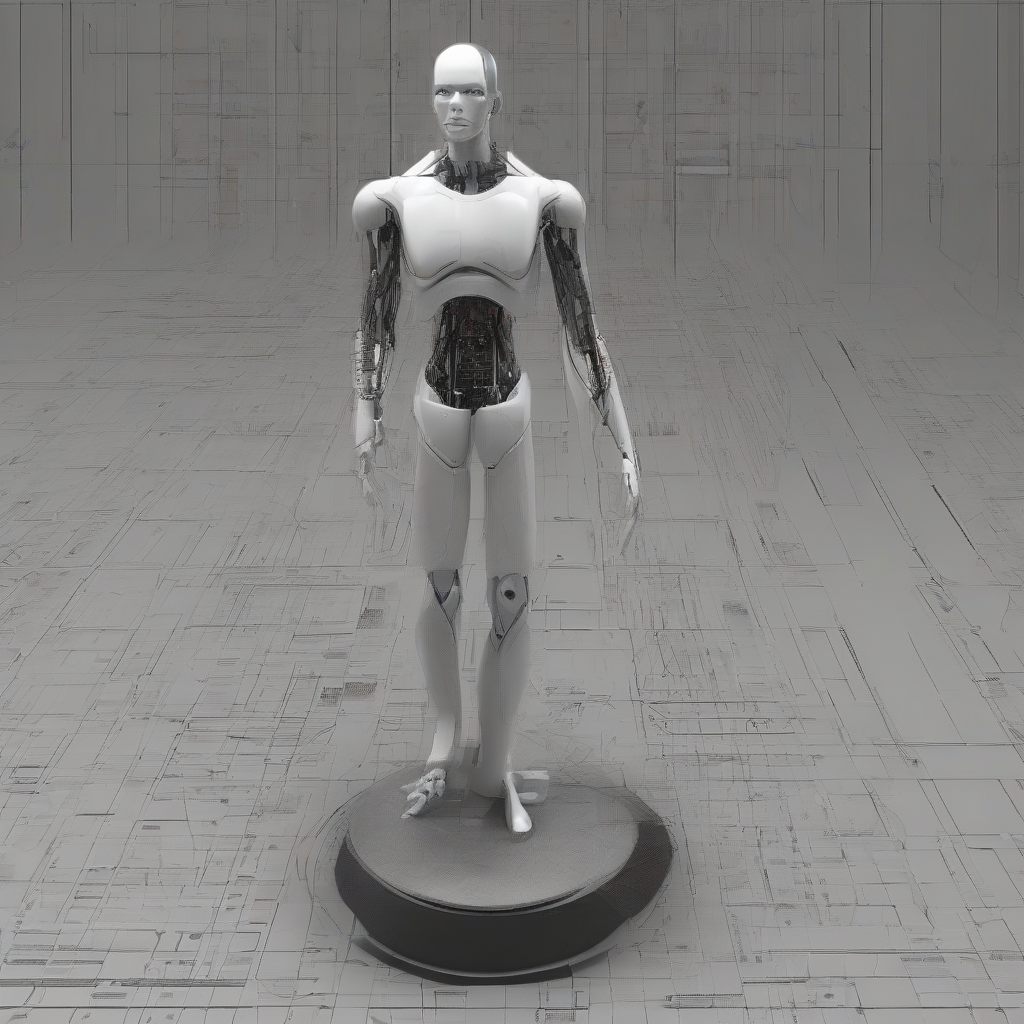Sell or Donate Your Car: A Comprehensive Guide to Making the Right Choice
Facing the decision of whether to sell or donate your car can be overwhelming. Both options offer distinct advantages and disadvantages, and the best choice depends heavily on your individual circumstances, financial situation, and the condition of your vehicle. This comprehensive guide will explore the pros and cons of each option, helping you make an informed decision.
Selling Your Car: A Detailed Look
Advantages of Selling Your Car
- Financial Gain: This is the primary advantage. Selling your car puts money directly in your pocket, which can be used for various needs, from paying off debts to making a down payment on a new car.
- Control Over the Process: You have complete control over the selling process, from setting the price to choosing the buyer. You’re not beholden to any organization’s requirements or timeline.
- Potential for Higher Return: If your car is in good condition and in demand, you can potentially receive a higher return than through donation.
- Faster Transaction: Selling privately or through a dealership can often lead to a quicker transaction compared to the donation process, which might involve paperwork and processing time.
Disadvantages of Selling Your Car
- Time and Effort: Selling a car requires significant time and effort. This includes cleaning and detailing the vehicle, advertising it, responding to inquiries, negotiating with potential buyers, and handling paperwork.
- Potential for Scams: There’s a risk of encountering scams or dishonest buyers. Thorough due diligence and careful screening are crucial.
- Negotiation Challenges: Negotiating the price can be stressful and time-consuming. You might not always get the price you desire.
- Dealing with Repairs: If your car needs repairs to improve its sale price, you’ll have to invest your time and money in those repairs.
- Safety Concerns: Meeting potential buyers in person can pose safety risks. It’s important to prioritize your safety during the selling process.
Donating Your Car: A Charitable Alternative
Advantages of Donating Your Car
- Tax Deduction: Donating your car to a registered charity usually qualifies you for a tax deduction. The amount of the deduction depends on the fair market value of your car, which may need to be appraised.
- Convenience and Ease: The donation process is generally simpler and more convenient than selling. The charity usually handles all the paperwork and towing.
- Support a Good Cause: Donating your car allows you to support a cause you care about, making a positive impact on the community.
- Avoids Selling Hassles: You bypass the challenges of advertising, negotiating, and dealing with potentially difficult buyers.
- Disposal of an Unwanted Vehicle: If your car is old, damaged, or beyond repair, donation is a simple way to get rid of it responsibly, avoiding the costs and efforts involved in scrapping it.
Disadvantages of Donating Your Car
- Lower Return: You won’t receive any monetary gain from donating your car. The tax deduction is the main benefit.
- Limited Control: You have little control over what happens to your car after donation. The charity might sell it, use it for parts, or even scrap it.
- Dependence on Charity: The process relies on the efficiency and reliability of the chosen charity. Some charities might have long processing times or less-than-transparent practices.
- Verification Process: You’ll need to provide proper documentation to claim the tax deduction, which may involve appraisals and paperwork.
- Potential for Misrepresentation: Ensure the charity you choose is legitimate and trustworthy to avoid any potential issues.
Factors to Consider When Making Your Decision
- The Condition of Your Car: If your car is in good condition and has a high resale value, selling is likely the more financially beneficial option. If it’s damaged, old, or not running, donation might be more suitable.
- Your Financial Needs: If you need immediate cash, selling is the better choice. If you’re primarily interested in a tax deduction and supporting a charity, donation is preferable.
- Your Time Constraints: Selling requires more time and effort than donating. If you’re short on time, donation offers a more convenient alternative.
- Your Tax Situation: Consider how a tax deduction will affect your overall tax liability. The value of the tax deduction should be weighed against the potential income from selling.
- The Charity You Choose: If you choose to donate, research thoroughly to ensure the charity is reputable and uses your donation effectively.
Steps to Selling Your Car
- Determine the Fair Market Value: Use online resources and compare prices of similar vehicles.
- Clean and Detail Your Car: A clean car is more appealing to potential buyers.
- Gather Necessary Documents: Title, registration, maintenance records.
- Choose a Selling Platform: Online marketplaces, dealerships, or private sale.
- Advertise Your Car: Include high-quality photos and detailed descriptions.
- Screen Potential Buyers: Be cautious and prioritize safety.
- Negotiate the Price: Be firm but reasonable.
- Complete the Sale: Transfer title and receive payment.
Steps to Donating Your Car
- Choose a Reputable Charity: Research charities and select one that aligns with your values.
- Contact the Charity: Inquire about their donation process and requirements.
- Gather Necessary Documents: Vehicle title, registration, and proof of identification.
- Schedule Pickup: Arrange for the charity to pick up your vehicle.
- Receive Documentation: Obtain a receipt for tax purposes.
- File Your Taxes: Claim the tax deduction on your tax return.
Ultimately, the decision of whether to sell or donate your car depends on your specific circumstances and priorities. Carefully consider the advantages and disadvantages of each option, weigh the financial implications, and make the choice that best serves your needs and aligns with your values.





